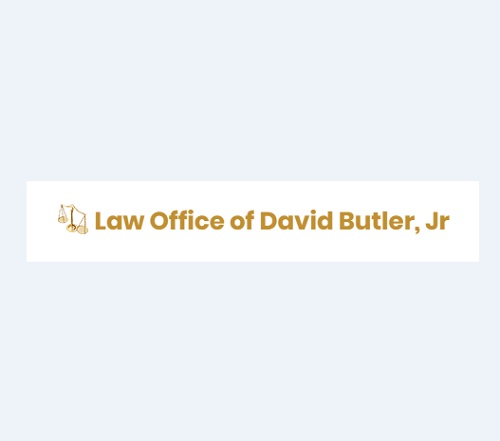Career Criminal
What does Career Criminal mean?
A career criminal or habitual offender is any person who has been convicted of multiple crimes. Crimes committed may be a repeat of the same crime again and again or different types of crimes. Criminal statutes have been instituted which require those designated as habitual offenders to receive harsher penalties for subsequent criminal convictions.
Many habitual offender statutes target offenders who repeat the same criminal offenses multiple times, often within a specified time period. For example, states have targeted drivers convicted of multiple driving under the influence or DUI offenses. States have imposed what they call “look back laws” which determine the length of time which allow for a driver to be convicted of a second or third DUI.
Drivers who are arrested for their first DUI may be charged with a misdemeanor and avoid jail time. Second or third DUI charges which occur within the look back period for the state, however, are frequently charged as felonies and may require the convicted offender to spend time in prison.
Penalties for career criminals
The penalties and fines assessed against habitual offenders will be determined by state law. Many states have instituted mandatory sentencing guideline; other states allow judges to determine the sentence.
Three strike statutes and career criminals
Currently twenty-four states have passed some type of laws targeting habitual offenders. Often these laws impose a “three-strike” rule which forces courts to impose more severe sentences if the offender is convicted of committing the same crime three times.
Although these laws were initially passed with the notion that severe penalties would deter criminals from committing crimes multiple times, some critics argue that when applied to misdemeanor charges, as allowed in California for awhile, some low-level offenders were sentenced to severe and unnecessarily harsh prison terms for relatively minor crimes.
In 2012, California updated their law, allowing the three strike penalty to be assessed only for violent or serious felonies. This move has been heralded by some arguing that eliminating it could decrease the issue of mass incarceration which pervaded the 1990s.
Offenders who have been charged a second or third time for a criminal offense should immediately contact a criminal defense lawyer; this is especially true if you live in a state that has a mandatory three strikes law.
Related Pages
Lawyers near
Term of the Day
Potestative Condition
Potestative condition is a term that signifies that a contract is under complete control of only one of the parties.Category: Criminal Law







